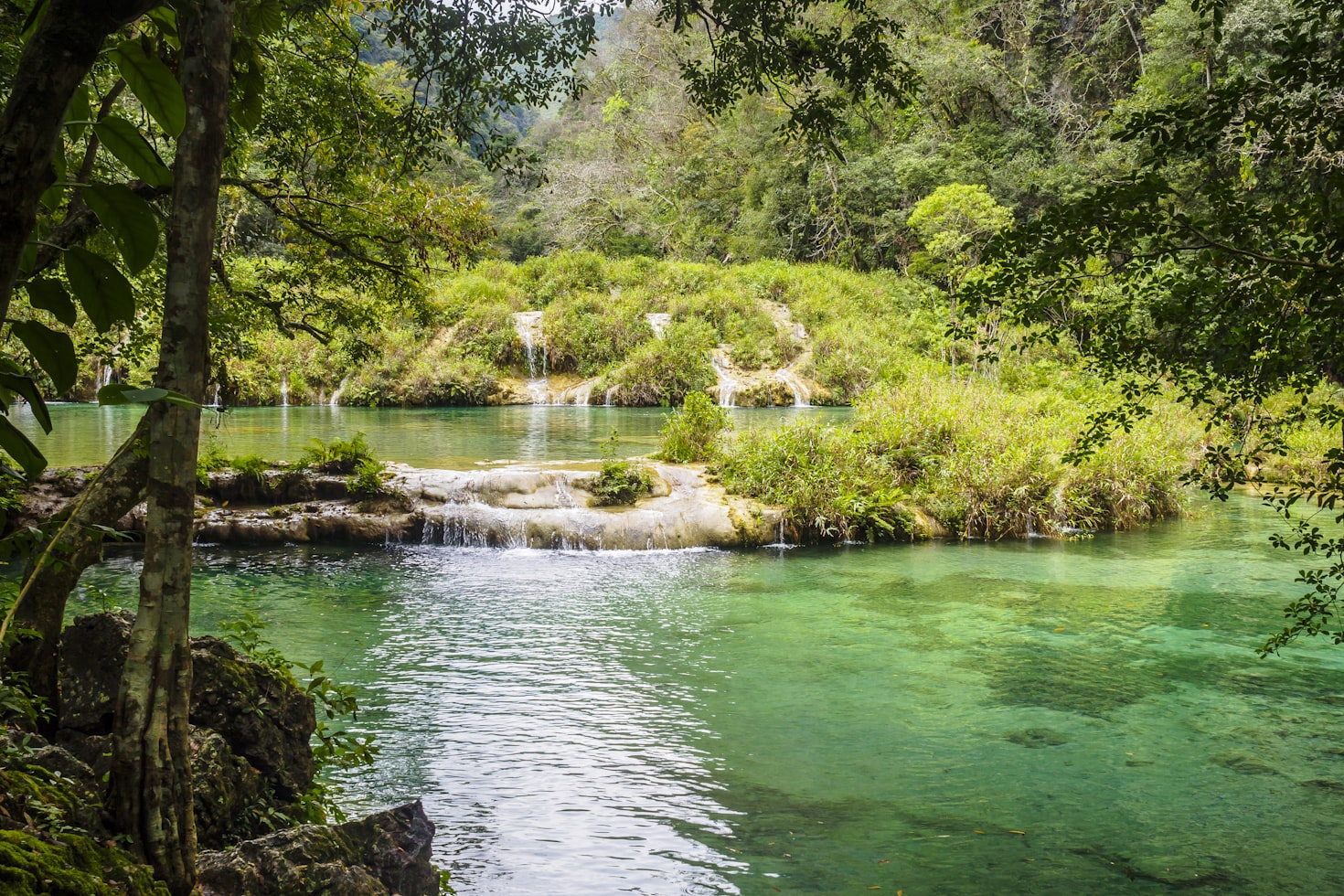The Rise Of Eco-Tourism: How To Support Conservation Efforts While Traveling

Eco-tourism is a growing trend in the travel industry, as more and more people are looking for ways to reduce their environmental impact while exploring the world. Eco-tourism is defined as “responsible travel to natural areas that conserves the environment and improves the well-being of local people” (International Ecotourism Society). This type of tourism focuses on supporting conservation efforts, minimizing the negative impacts of tourism, and promoting sustainable development.
Benefits of Eco-tourism
One of the main benefits of eco-tourism is the support it provides to conservation efforts. By choosing to stay in eco-friendly accommodations, take guided tours with local operators, and visit protected areas, tourists can help to fund conservation projects and protect endangered species and habitats.
Eco-tourism can also help to promote sustainable development in local communities. By supporting local businesses and purchasing locally-made products, tourists can help to boost the local economy and improve the standard of living for residents. Additionally, eco-tourism can provide jobs and education opportunities for local residents, which can lead to a reduction in poverty and an improvement in overall well-being.

Challenges of Eco-tourism
Despite the many benefits of eco-tourism, there are also challenges that need to be addressed in order for it to be successful. One of the main challenges is the lack of regulation and oversight in the industry. Many operators claim to be eco-friendly, but do not have the proper certifications or follow sustainable practices.
Another challenge is the potential for eco-tourism to lead to the displacement of local residents. As tourism increases, property values can rise, making it difficult for locals to afford to live in their own communities. Additionally, eco-tourism can lead to the displacement of local businesses and the loss of traditional ways of life.
Conclusion
Eco-tourism is an important and growing trend in the travel industry, as it offers a way for people to reduce their environmental impact while exploring the world. However, it is important to be aware of the challenges of eco-tourism, such as lack of regulation and oversight, and the potential for displacement of local residents.
By choosing eco-friendly accommodations, taking guided tours with local operators, and visiting protected areas, tourists can help to support conservation efforts, promote sustainable development, and minimize the negative impacts of tourism.





